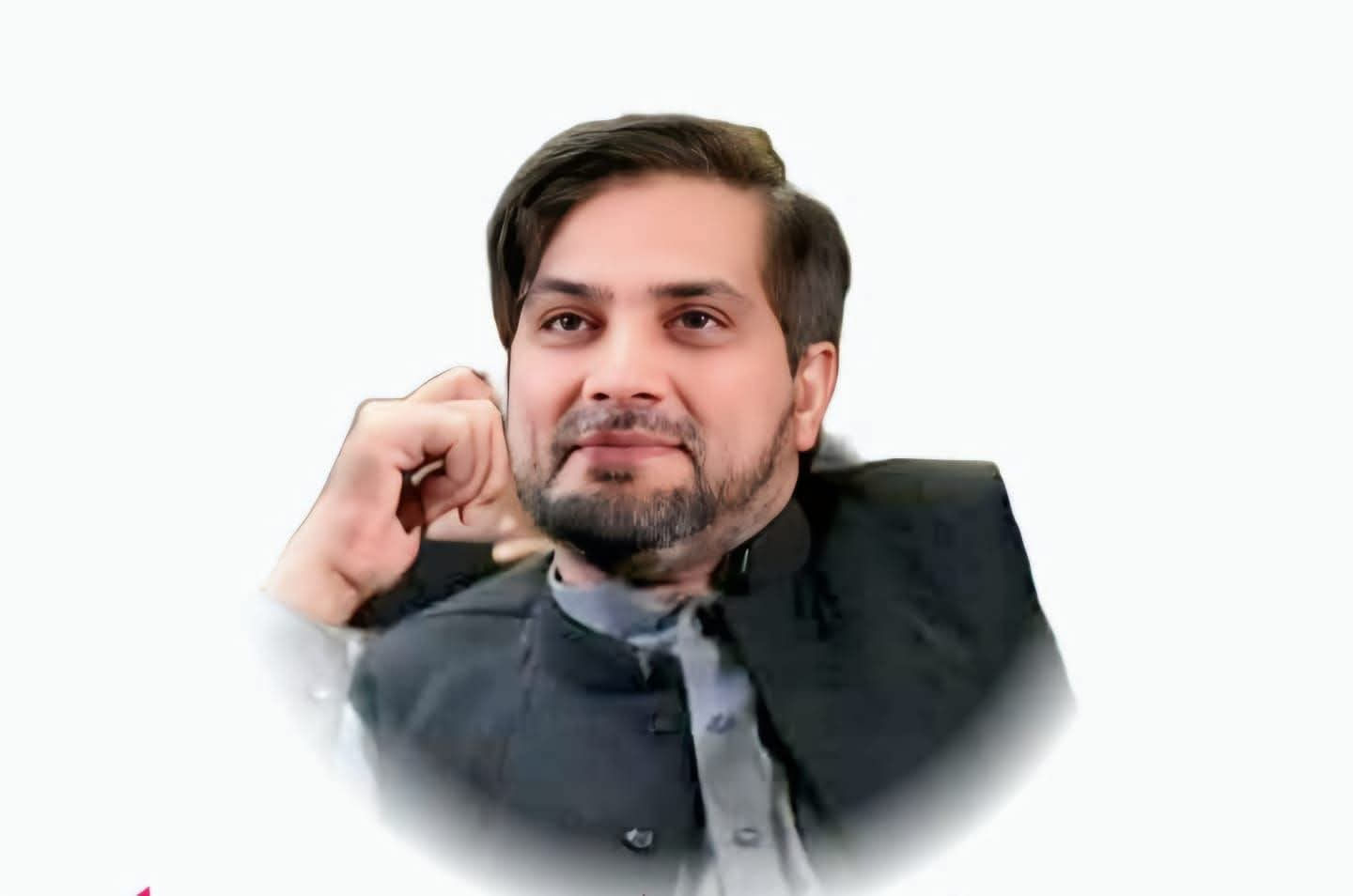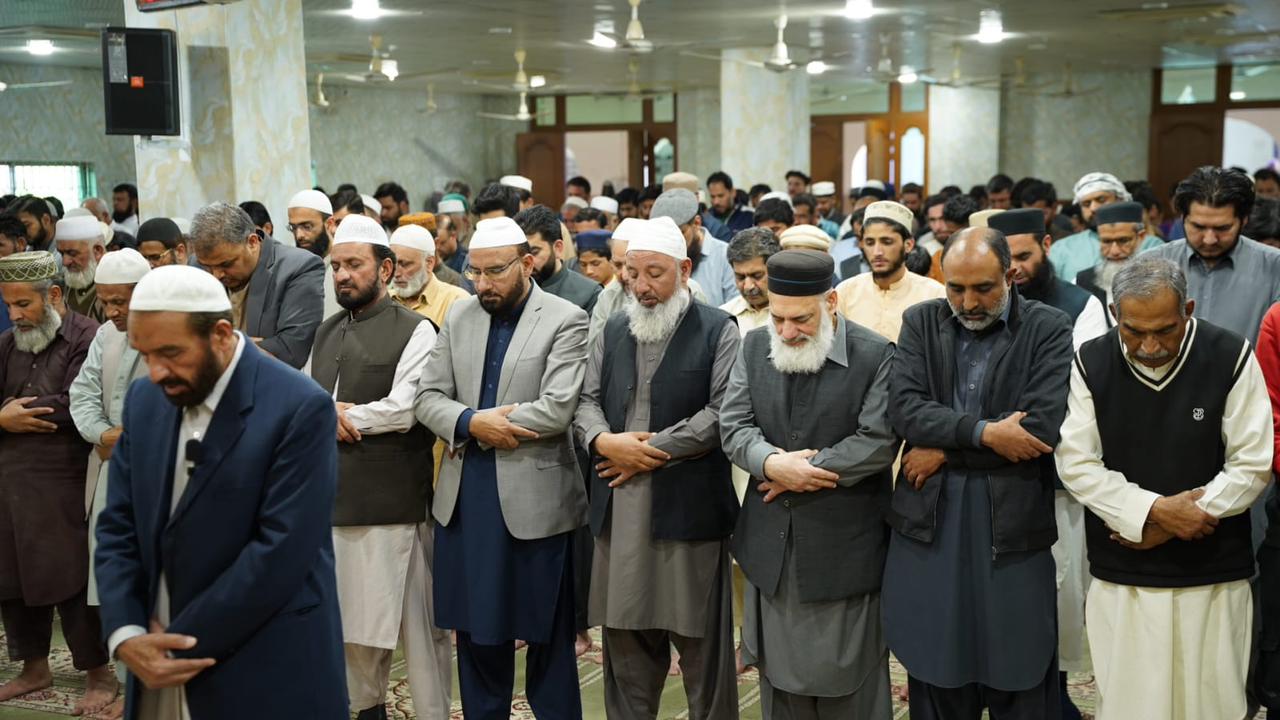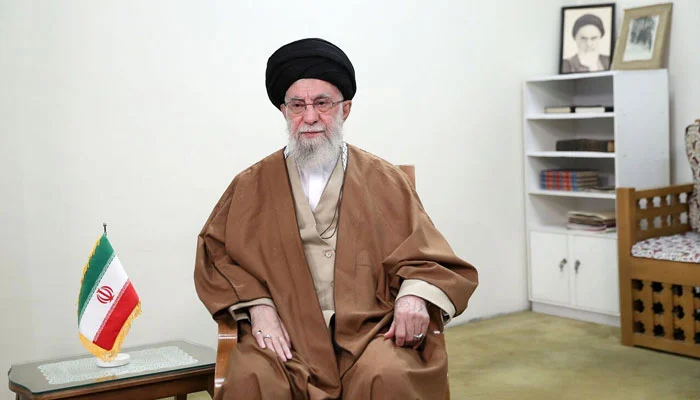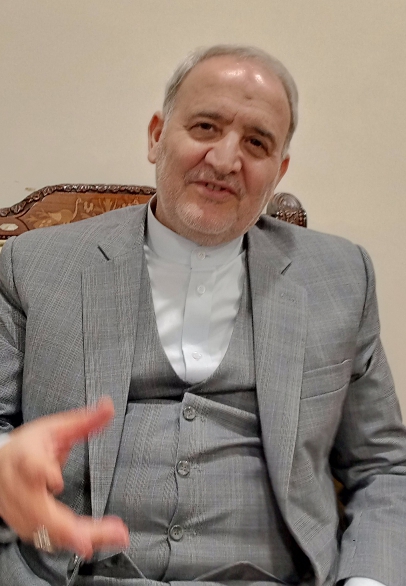By Engineer Chaudhary Iftikhar Gujjar
Behind the cold walls of a prison cell, a man raises his voice — not for power, not for revenge, but for peace. “Release me,” he says, “and I will bring Islamabad and Kabul together again. I will rebuild the bridge between brothers that hate has destroyed.” The words echo beyond the iron bars. They are not a political slogan; they are a vision — a reminder that leadership is not about holding office, it is about healing nations. This imprisoned leader, confined by concrete and silence, may have lost his freedom, but not his faith. He believes that Pakistan can still rise — not through blood or slogans, but through a generation that dares to dream beyond fear, beyond the rot of the old system. For decades, Pakistan’s politics has been trapped in a cycle of names, not ideas. Power has become a family business. From the Bhuttos to the Sharifs, from dynasties draped in democracy to religious movements inherited like property — the same faces have rotated through the corridors of authority. Even the newest parties, born in protest, risk becoming what they once opposed — circles of loyalty rather than merit. This is not democracy; this is dynasty. And this is why the nation stands where it stood decades ago — divided, frustrated, and disillusioned. The real tragedy of Pakistan is not poverty; it is exclusion. A poor man’s son, no matter how talented, cannot rise. A young girl with brilliance in her eyes cannot find space in a politics built for families, not citizens.
But amid the disappointment, something remarkable is happening. A new generation is stirring — a generation that does not wait for permission to think. These young Pakistanis, educated, creative, and globally connected, are challenging the boundaries drawn by fear and privilege. They are the engineers designing tomorrow’s Pakistan, the doctors healing with both science and compassion, the entrepreneurs proving that innovation can grow even from the dust of despair. They are soldiers who fight not only on the borders but against ignorance and corruption. They are writers, coders, teachers, and dreamers — all united by one belief: Pakistan can still become what it was meant to be. The prisoner in his cell knows this. His words are not just defiance; they are a reflection of what millions silently feel — that the problem is not the people, not even the institutions, but the system that has chained both. He calls for reform, not rebellion. For faith, not fanaticism. For justice, not vengeance. His message is clear: fight the system, not the state. Respect the army that guards your borders, but never surrender your conscience to those who manipulate the law. Honor your nation, but question the order that betrays its principles. Today, Pakistan’s youth are not the same as before. They no longer seek heroes; they seek honesty. They do not want slogans; they demand solutions. They know that real strength lies not in bloodlines, but in merit.
This generation understands that the battle ahead is not political — it is moral. It is a battle between the greed of the few and the hope of the many. When the young Pakistani coder builds an app that competes globally, he breaks the chains of dependency. When the daughter of a farmer earns her degree in Lahore or Boston, she challenges centuries of inequality. When the young police officer refuses a bribe, he restores a piece of the nation’s lost dignity. These are not small acts. They are the quiet revolutions that rebuild nations. And when this generation finally steps into leadership — not by inheritance, but by merit — the system will have no choice but to bow. The prisoner’s faith is not misplaced. He knows that one day, when a child from a humble home becomes Chief Minister, when an orphan becomes a judge, when an honest journalist speaks without fear, then Pakistan will no longer be a slogan — it will be a promise fulfilled. Our youth carry that promise. They are not lost; they are preparing. They are studying, struggling, building — waiting for the moment when the old walls will crack and the dawn of a new Pakistan will break through. That day will not come with protests or power plays, but with character. Because nations do not rise on speeches — they rise on sincerity. When that moment arrives, and the prisoner in his cell hears the news that justice has finally found its place in Pakistan, he will smile through the bars and whisper, “I am not free — but my dream is.” That dream — of a just, united, and honest Pakistan — still breathes in every young heart. It cannot be silenced by fear, nor destroyed by tyranny. For as long as one Pakistani youth dares to stand for truth, the nation will continue to awaken. And perhaps then, we will finally see the Pakistan that Quaid-e-Azam envisioned — not a land of power, but a land of principles.
About the Writer
Engineer Chaudhary Iftikhar Gujjar is a seasoned Pakistani writer, social thinker, and community leader known for his insightful commentary on national integrity, democracy, and civil-military harmony. Born in the historic land of Haripur, he has spent decades observing Pakistan’s political, social, and moral evolution both at home and abroad. With a background in engineering and a lifelong commitment to truth, justice, and patriotism, Engineer Iftikhar’s words echo the conscience of a man who has seen the nation’s struggles from the streets of Gujranwala to the power corridors of Riyadh and Islamabad. His writings reflect wisdom, experience, and a deep love for Pakistan.




